First of all, I don't see any good guys here, and I'm including the Authors Guild, of which I'm a member. The
Amazon/Hachette dispute is about profits. Lining up with Hachette are richly compensated writers like J.K. Rowling, Michael Connelly, Malcolm Gladwell and many others, and our Authors Guild, a narrowly defined organization that supports writers who make money. There are, of course, also some non-rich writers who see their interests aligned with the publishers.
I'm speaking from the perspective of a serious writer who does not make serious money. I am a member of the Authors Guild (and have been for well over thirty years). My first novel was acquired by Charles Scribner’s Sons in 1978. At that time, Scribner was a humanly owned company: there was a Mr. Charlie and a young Charlie. They published three of my novels, even though they made relatively little profit from them.
Then my editor left, and the next editor didn’t love my work. Scribners joined with Athenaeum, then Macmillan, later was scooped up by Paramount, who lost a takeover battle with Viacom who revived the name of Simon and Schuster-- whew. Only if you believe giant corporations are people like you and me will you believe that this roller coaster ride has been good for midlist fiction, literary experimentation, regional voices, or– for that matter– the broad marketplace of ideas. As Andre Schiffrin pointed out in
The Business of Books more than ten years ago, literary novels are now expected to earn the same rate of profit as the big conglomerates’ biggest sellers– and, often, at the same rate they expect from commodities that have nothing to do with books.
The Big Five remaining publishing companies have done nothing for me and my writer friends. Barnes and Noble with its famous subsidized stacks at the ends of the aisles didn’t help our sales either. Obviously there are still literary publishers out there, and obviously some lovely books still get published even by the Big Five, but for the large group of us whose books don’t make the required return on the dollar, there are very few commercial opportunities.
Amazon is a bully and a profit-taking monster (or hopes to be someday), but they have also made it possible for some of the small publishers who have supported my work to stay in business. Since Scribner dumped me (and also HarperCollins, after my children’s books didn't sell well enough to suit them), I have been published by Mercury House, Gnomon Press, West Virginia University Press, Montemayor Press, Hamilton Stone Editions, and Ohio University Press. Foreverland Press brought back my first novel as an e-book. And oh yes, I have a reprint book with Xlibris through the Authors’ Guild’s own “Back-in-print” program– and I do thank you, Authors Guild, for that, at least.
My sales have been small. In some cases, I share production costs to get my work available. I have never made a living strictly from my writing, although my writing has allowed me to get teaching jobs.
This new world of publishing has been a shock, but also unexpectedly pleasurable. I like having input into the production of my books. I like it that all my finished books are presently available in print and nine of them so far in e-book format. They are available from publisher’s web sites, from local book stores, from online stores like the Apple store and Barnes & Noble– and, oh, yes, from Amazon.com.
If Amazon were the only bad guy here, I’d happily go picket. But the Authors Guild and Hachette are, from where I sit, no more interested in me and other small-selling literary artists (not to mention the enthusiastic hordes of genre self-publishers at Smashwords.com) than Amazon is. I hope J.K. and Stephen and Malcolm and Michael and all the others who are making a nice living at it continue to be able to do so, but don’t ask those of us who do it for love to choose between evils.
Amazon.com may turn out to be the lesser.






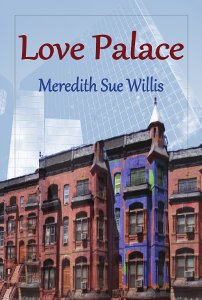
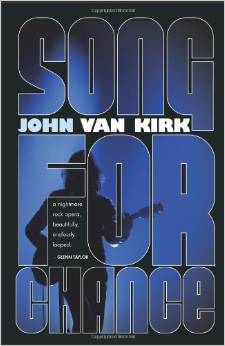
 the
native craftspeople as well) thrived under the support of the state
arts council and the Mountain State Arts and Crafts Festival and--
eventually, the high-end outlet for West Virginia arts,
the
native craftspeople as well) thrived under the support of the state
arts council and the Mountain State Arts and Crafts Festival and--
eventually, the high-end outlet for West Virginia arts, 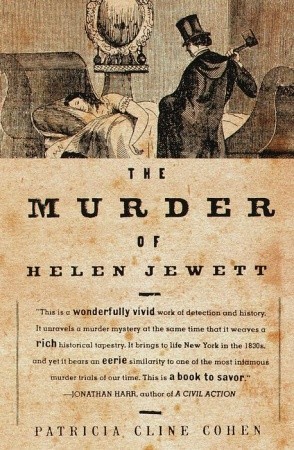 wonderful dip into early nineteenth century New York City when men were
vicious in their privilege and sex workers were surprisingly
independent.
wonderful dip into early nineteenth century New York City when men were
vicious in their privilege and sex workers were surprisingly
independent. 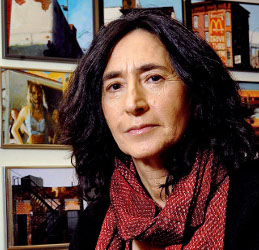
 caretaker
for his children while his Chinese wife earns most of the family
income. For the children, there is no one around them who looks
half-Asian, or, for that matter, like any other kind of minority.
caretaker
for his children while his Chinese wife earns most of the family
income. For the children, there is no one around them who looks
half-Asian, or, for that matter, like any other kind of minority. American goodness, with evil just under the crust.
American goodness, with evil just under the crust. 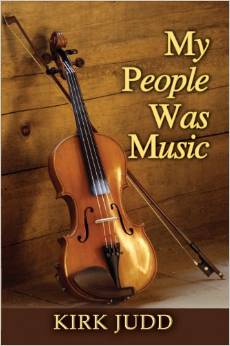 ANNOUNCEMENTS, NEWS, CONTESTS, WORKSHOPS, READINGS ETC.
ANNOUNCEMENTS, NEWS, CONTESTS, WORKSHOPS, READINGS ETC.
